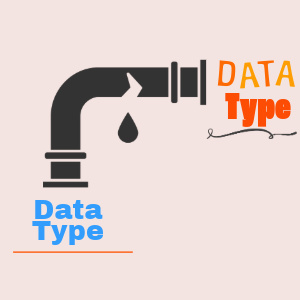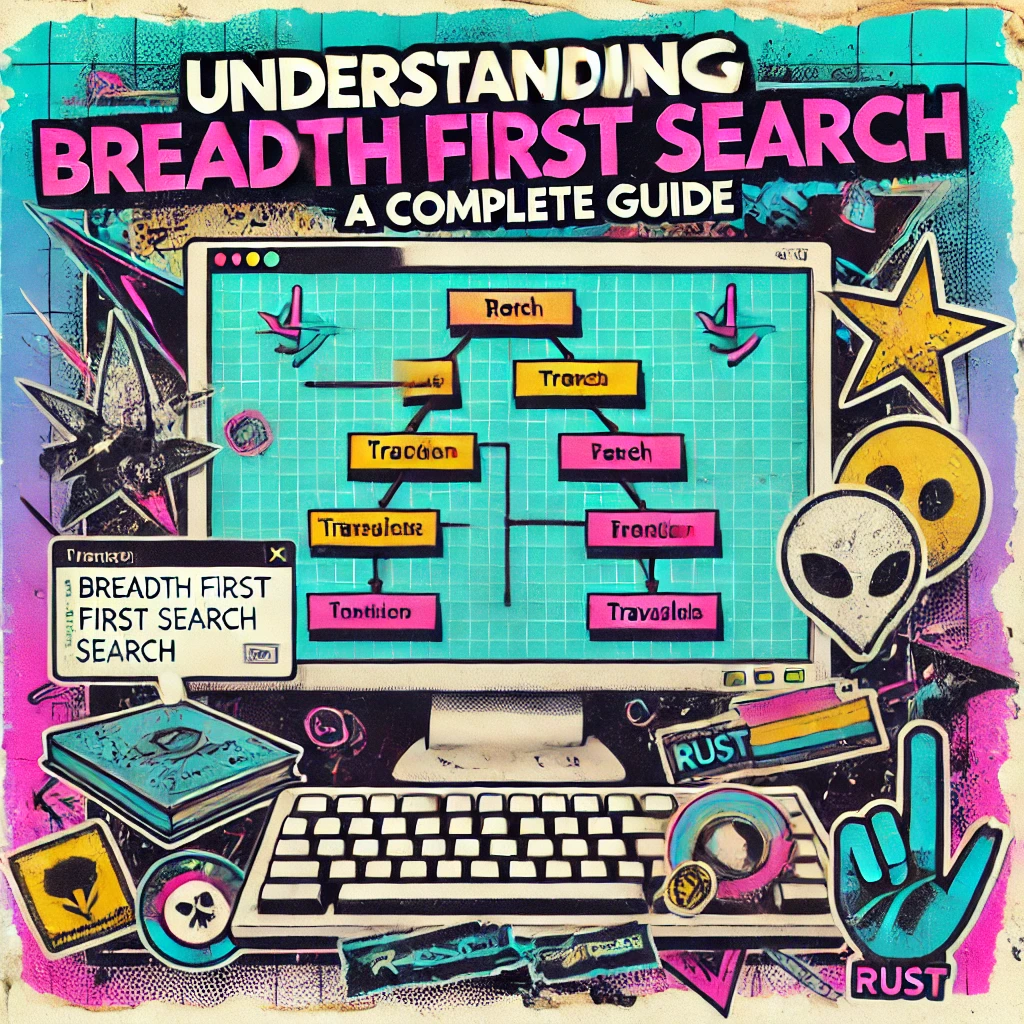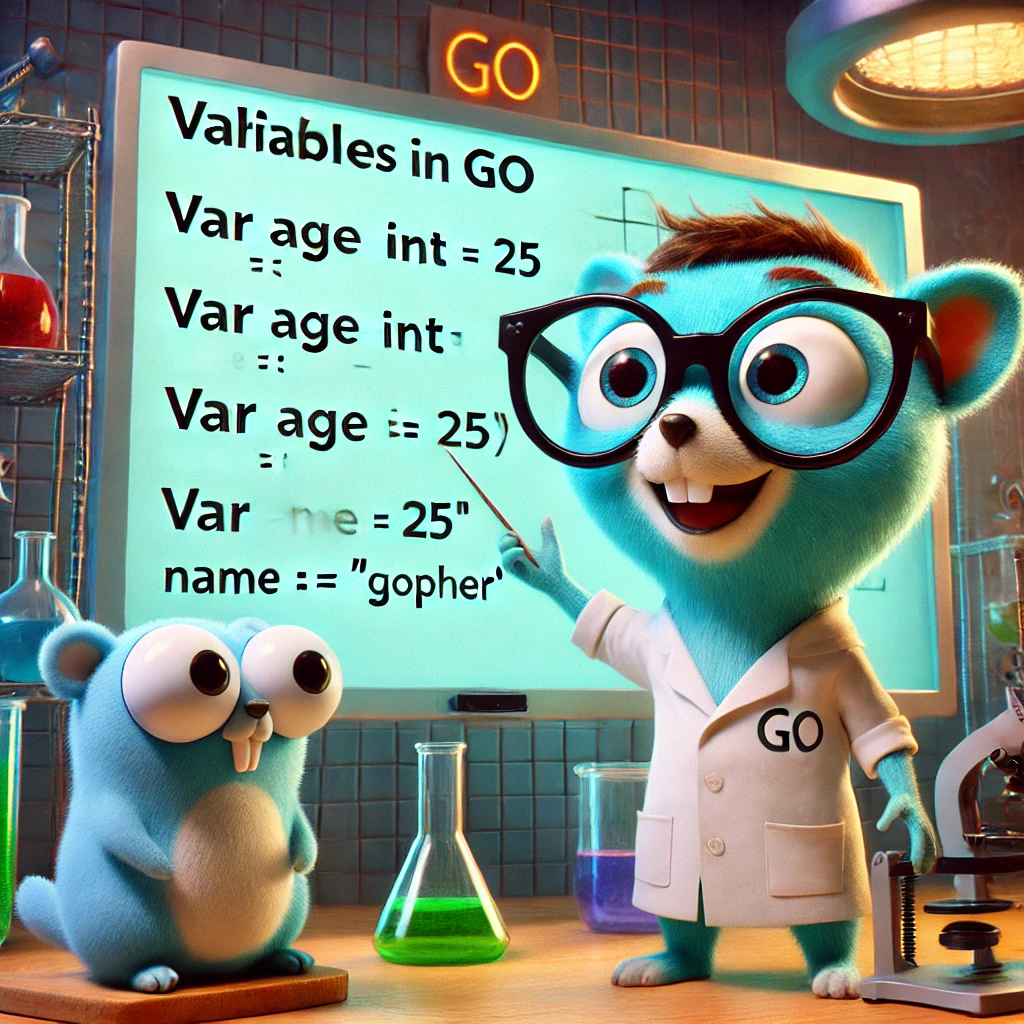Type Conversion
Generally type conversion in RUST is where we convert in one values data type to another data type.
There are two kinds of Type Conversions.
- Explicitly One: Where programmer explicitly mention the type change using keywords like
asor using function liketry_into() - Implicit One: when compiler automatically does the conversion when necessary
Explicit Conversion
We can use the keyword as for type conversion for example.
let a: u32 = 23;
let b: f64 = a as f64;
We use try_into() function for cases where we are not sure the end result of the Type conversion and this will return a Result Type, which can be a converted value or the error.
let x: u32 = 128;
// convert u32 to u8, may panic if overflow
let y: u8 = x.try_into().unwrap();
Implicit Conversion
The small integers are automatically promoted to larger integers when used in expressions by the complier.
let a: u8 = 80;
// u8 automatically gets promoted to u32
let x: u32 = a + 120 ;
Other Type conversions
Integer to string
using to_string() function.
let a:u32 = 36
let b:String = a.to_string();
Sting to Integer
let a: String = "23".to_string();
// This can panic as this conversion can fail
let b: u32 = a.parse().unwrap();
Array to Vector
let a: [u32, 5] = [12,32,34,19,90];
let b: Vec<u32> = a.to_vec();
Points to remember during Type conversion in RUST
- Overflow: Converting between types with different sizes can lead to overflow. Use try_into() or handle potential overflows explicitly.
- Loss of precision: Converting from a larger type to a smaller one may lose information. Be aware of potential precision loss.
- Type safety: Rust’s type system ensures type safety, preventing many errors related to type mismatching.






